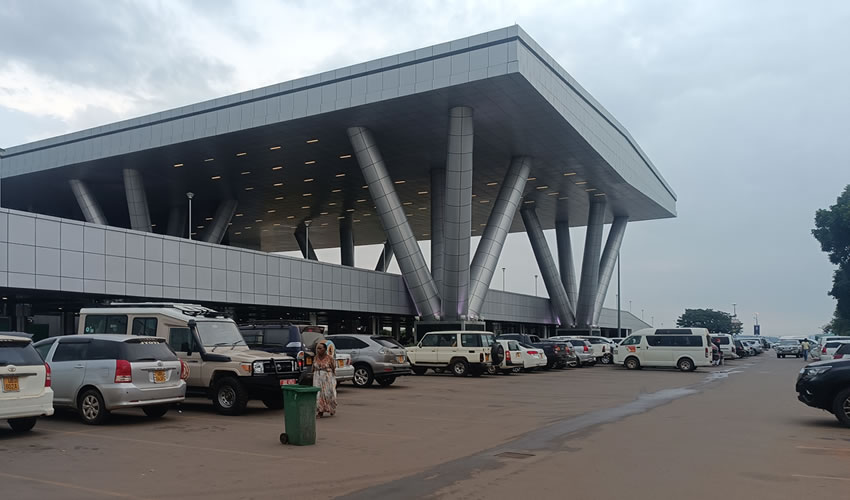Uganda took a significant leap towards a more connected and digitally inclusive society as Dr. Chris Baryomunsi, the Minister of ICT and National Guidance, announced a groundbreaking decision to reduce Internet costs. Effective from 1st August, 2023, the Uganda National Information Technology Authority (NITA-Uganda) implemented measures to slash the prices of Internet services by half, reducing them from $70 to $35 per megabyte per second per month. This move is expected to have wide-ranging positive impacts on the country's digital landscape, fostering increased connectivity, economic growth, and empowering Ugandans in various sectors.
Enhanced Connectivity, Improved Opportunities:
The reduced Internet costs can be hailed as a game-changer for Uganda, as it opens up new opportunities for businesses, students, and individuals across the country. With the Internet becoming more affordable, it paves the way for better access to information, improved communication, and accelerated digital transformation. Businesses, particularly small and medium-sized enterprises (SMEs), can now harness the power of the digital economy more effectively, bolstering growth and innovation. E-commerce platforms and online service providers are expected to witness a surge, expanding their reach and creating employment opportunities.
Affordable Internet access carries immense potential for improving the education sector in Uganda. With reduced costs, students of all ages will have an increased ability to access online educational content, participate in virtual classes, and engage in e-learning initiatives. This democratization of education will bridge the digital divide, bringing quality education to remote areas and underserved communities. As a result, Uganda could see a rise in literacy rates, skills development, and a more knowledgeable workforce, all contributing to the country's long-term development.
Low Internet costs provide a conducive environment for fostering digital innovation and entrepreneurship. Startups and techpreneurs are likely to thrive as they can now afford to explore their ideas, develop innovative solutions, and tap into global markets. The reduced financial burden of Internet access encourages grassroots innovation, giving rise to a vibrant tech ecosystem. Uganda could potentially witness an influx of local technology ventures revolutionizing industries, creating employment, and attracting investment from both within and outside the country.
While the government's initiative in slashing Internet costs is commendable, it is crucial for Uganda's service telecom providers to follow suit and subsidize their prices. By aligning their pricing structures with the government's endeavor, the telecom companies can contribute significantly to bridging the digital divide in the country. Lower internet costs would lead to increased subscription rates, resulting in a win-win situation for both service providers and consumers. It is essential for providers to understand their role in supporting the nation's development goals and prioritize affordable connectivity to ensure a more inclusive digital future for all Ugandans.
Uganda's decision to significantly reduce Internet costs through NITA-Uganda is a monumental step towards building a connected and digitally empowered nation. The positive impact of affordable Internet access cannot be overstated, as it will pave the way for economic growth, educational opportunities, and digital innovation. With the government leading by example, it is now crucial for Uganda's service telecom providers to align themselves with this progressive move and subsidize their costs. Together, these efforts will drive Uganda towards a more inclusive and digitally advanced future, benefiting individuals, businesses, and the nation as a whole.








Comments